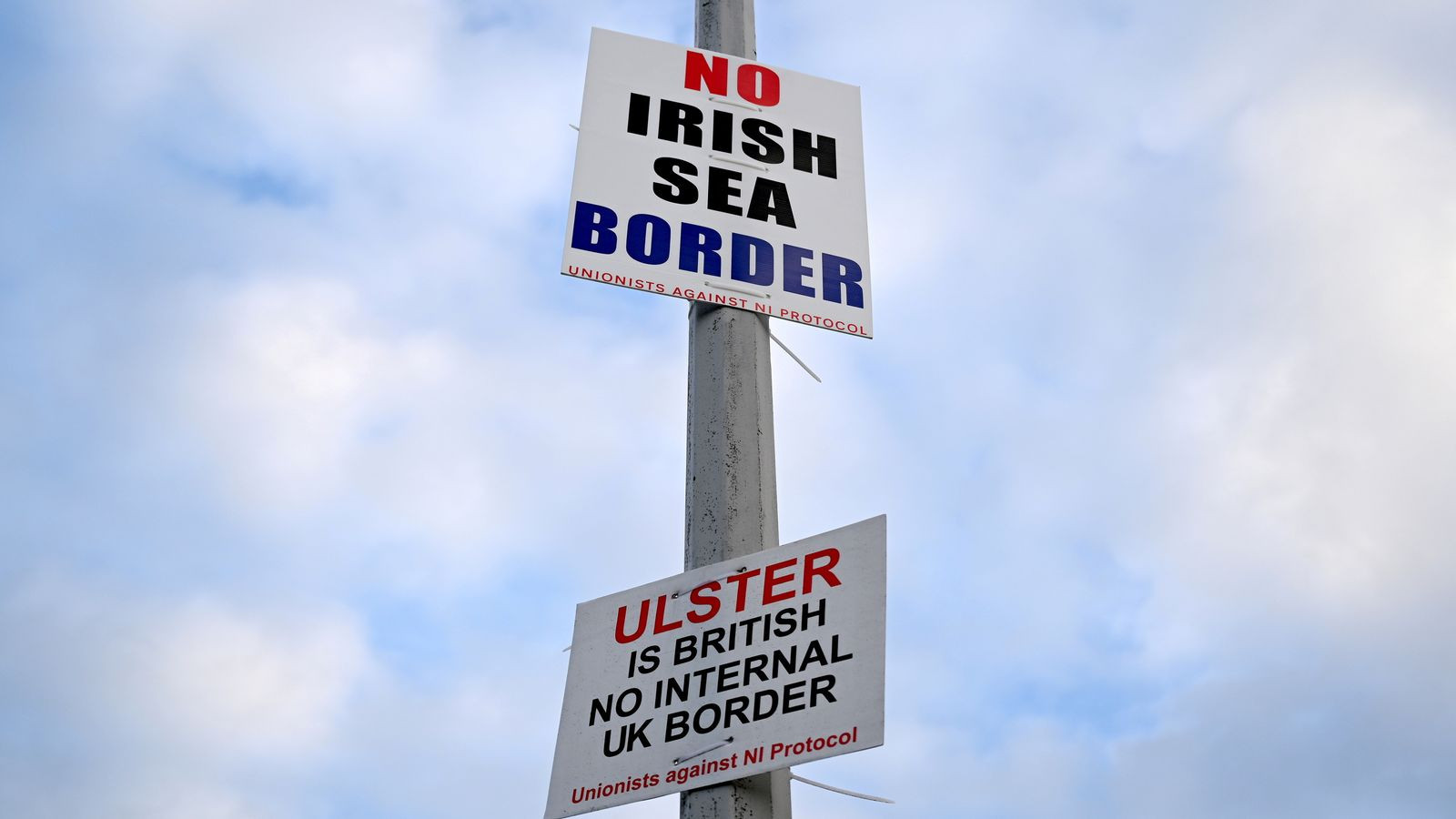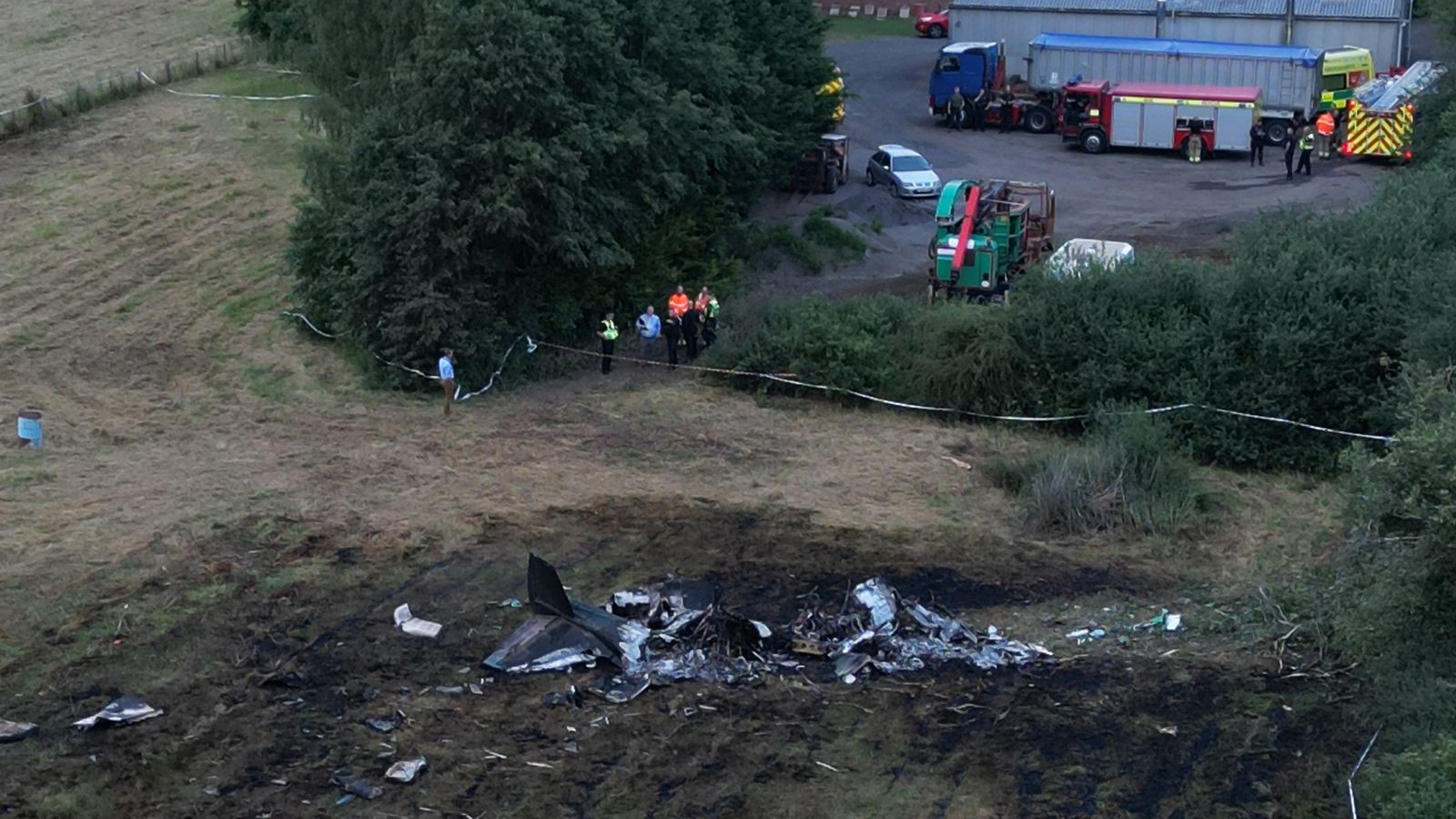Subsequent to the World Health Organization (WHO) declaring Mpox a public health emergency of international concern, Antigua’s Ministry of Health in a statement said a decision has been made for a multistakeholder approach to increase surveillance at the ports of entry of Antigua and Barbuda and at health care facilities across the country.
The laboratory of Sir Lester Bird Medical Centre is equipped to conduct diagnostic testing of suspected cases, should the need arise, the release stated.
Mpox is a disease caused by the monkeypox virus which is similar to the smallpox virus. Persons typically experience a fever, rash, swollen lymph nodes, muscle pain, back pain and/or fatigue.
Anyone experiencing these symptoms should seek attention from their health care provider. Suspected cases of Mpox will be reported to the MOHWSTE’s Epidemiology and Surveillance Unit.
The virus is spread from person to person by direct contact with the rash, bodily fluids (fluid, pus or blood from skin lesions), and scabs. Clothing, sheets, towels and other objects can also be sources of infection. The virus can also be transmitted from a pregnant mother to her unborn child. Respiratory secretions can be a potential source of infection.
Although there is no specific treatment for Mpox, preventative measures are key to reducing the risk of transmission. The public is advised that frequent handwashing, and routine wet cleaning and disinfecting of surfaces may prevent infection.
Persons are therefore strongly advised to adopt these public health measures to avoid becoming infected with the Mpox virus.
Understanding the Risk of Mpox in Trinidad and Tobago
Trinidad and Tobago, like many other Caribbean nations, is closely monitoring the situation, taking steps to mitigate the risk of Mpox importation. Dr. Farley Cleghorn, an epidemiologist and infectious disease specialist, asserts that the risk of the current monkeypox (mpox) outbreak arriving in TT is low. However, he stresses the importance of vigilance to ensure this remains the case.
Dr. Cleghorn emphasizes that while TT is at low risk, proactive measures are crucial to prevent the importation of cases, similar to the experience during the 2022-2023 outbreak. These measures include heightened public health awareness, enacting policies for early detection, and limiting transmission in case of a suspected case at the TT borders.
The most likely sources of potential cases are London and the US, but there have been no reported cases in TT except for one case under isolation in England. Dr. Cleghorn explains that the existing infrastructure, which was employed during the previous outbreak, is ready to handle a potential case, including trained clinical workers, PCR testing facilities at UWI and CARPHA, and established protocols for diagnosis.
The Caribbean’s Response to the Mpox Threat
The Caribbean Public Health Agency (CARPHA) has sounded an alarm for swift action and heightened vigilance across the region in response to the WHO's declaration of Mpox as a public health emergency of international concern. Recognizing the low to moderate risk to the Caribbean population, CARPHA emphasizes the need for enhanced surveillance and transparent reporting of potential cases.
Dr. Lisa Indar, Ad Interim Executive Director at CARPHA, states that while no cases have been identified in CARPHA Member States, the recent emergence of clade 1b outside of Africa is a significant warning sign for public health authorities. The agency emphasizes the importance of a coordinated regional approach to combat the potential health threat.
CARPHA has outlined several key measures for Member States to implement:
- Rapid reporting of any imported Mpox cases
- Enhanced surveillance for quick identification of cases
- Improved case investigation, particularly at ports of entry
- Development and dissemination of public education materials
The agency recognizes that the current outbreak is caused by clade I of the Mpox virus, which is more transmissible and potentially more severe than the clade II variant responsible for the 2022-2023 outbreak.
To bolster regional efforts, CARPHA has established Mpox virus testing capacity at its Medical Microbiology Laboratory, along with collaborative partnerships with regional public health stakeholders. Furthermore, the agency is working closely with CARICOM Implementation Agency for Crime and Security (IMPACS) to monitor passenger information from countries reporting Mpox cases.
Taking Action: A Call to Vigilance and Prevention
While no cases have been reported in the Caribbean, CARPHA stresses the importance of public awareness and the practice of basic hygiene measures. The agency advises individuals to avoid close contact with individuals displaying symptoms of Mpox, including those with skin or genital lesions.
The situation is evolving, and CARPHA remains committed to providing guidance to Member States to support their national response efforts, reaffirming the critical need for a unified regional approach to this potential health threat.
This surge in Mpox cases highlights the global interconnectedness of health and the critical importance of robust public health systems, collaborative action, and proactive measures to combat emerging infectious diseases.

















